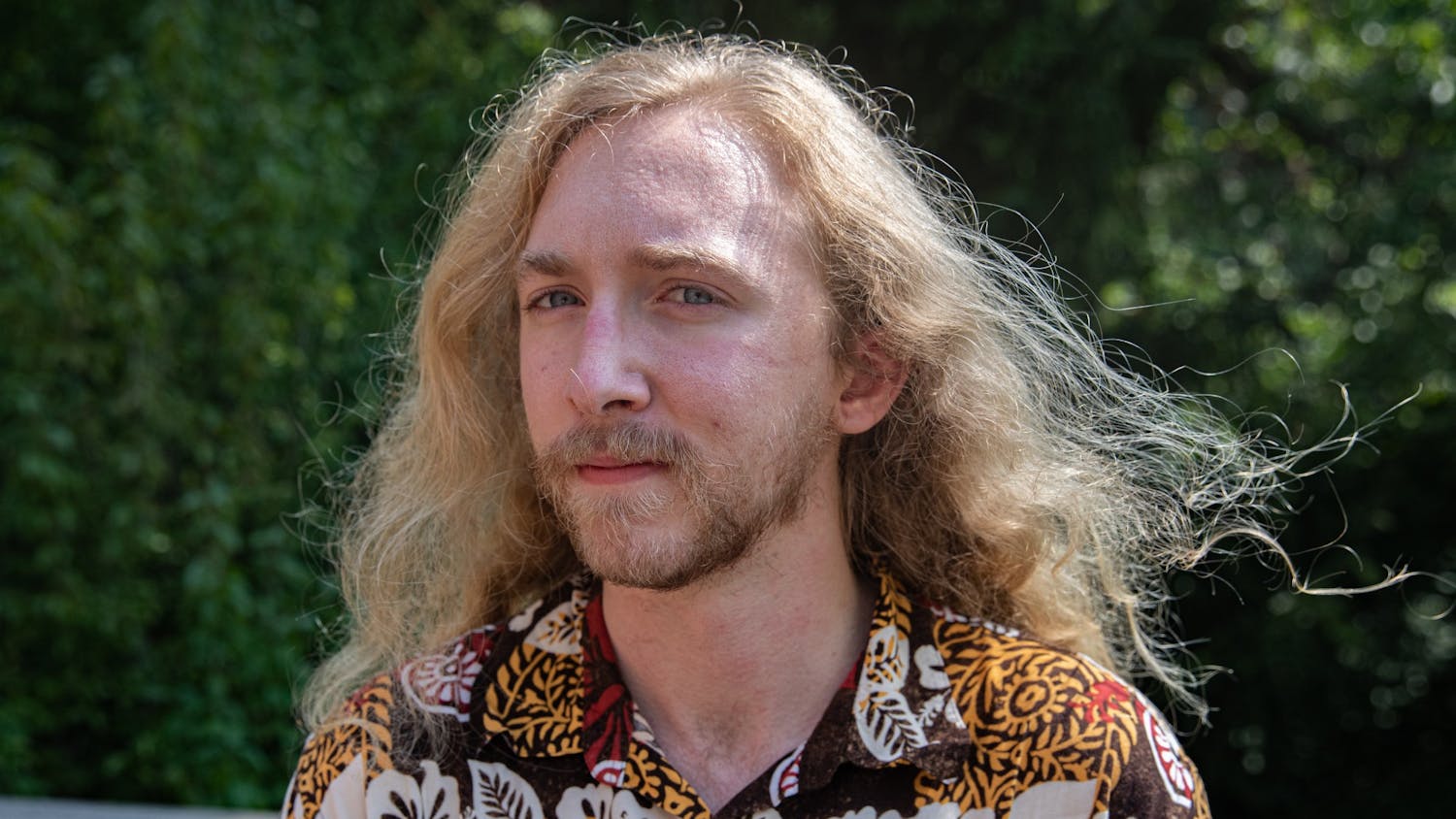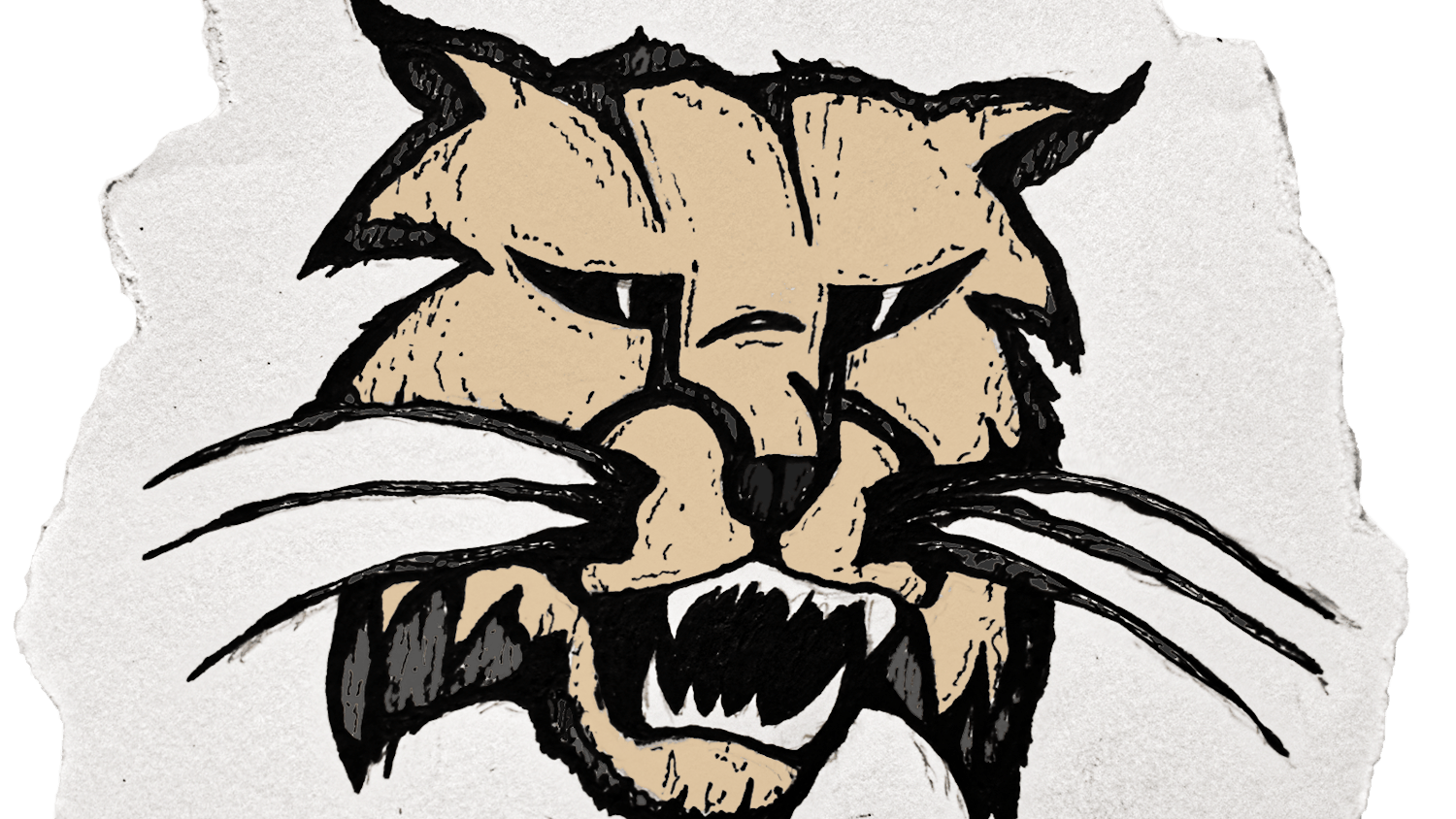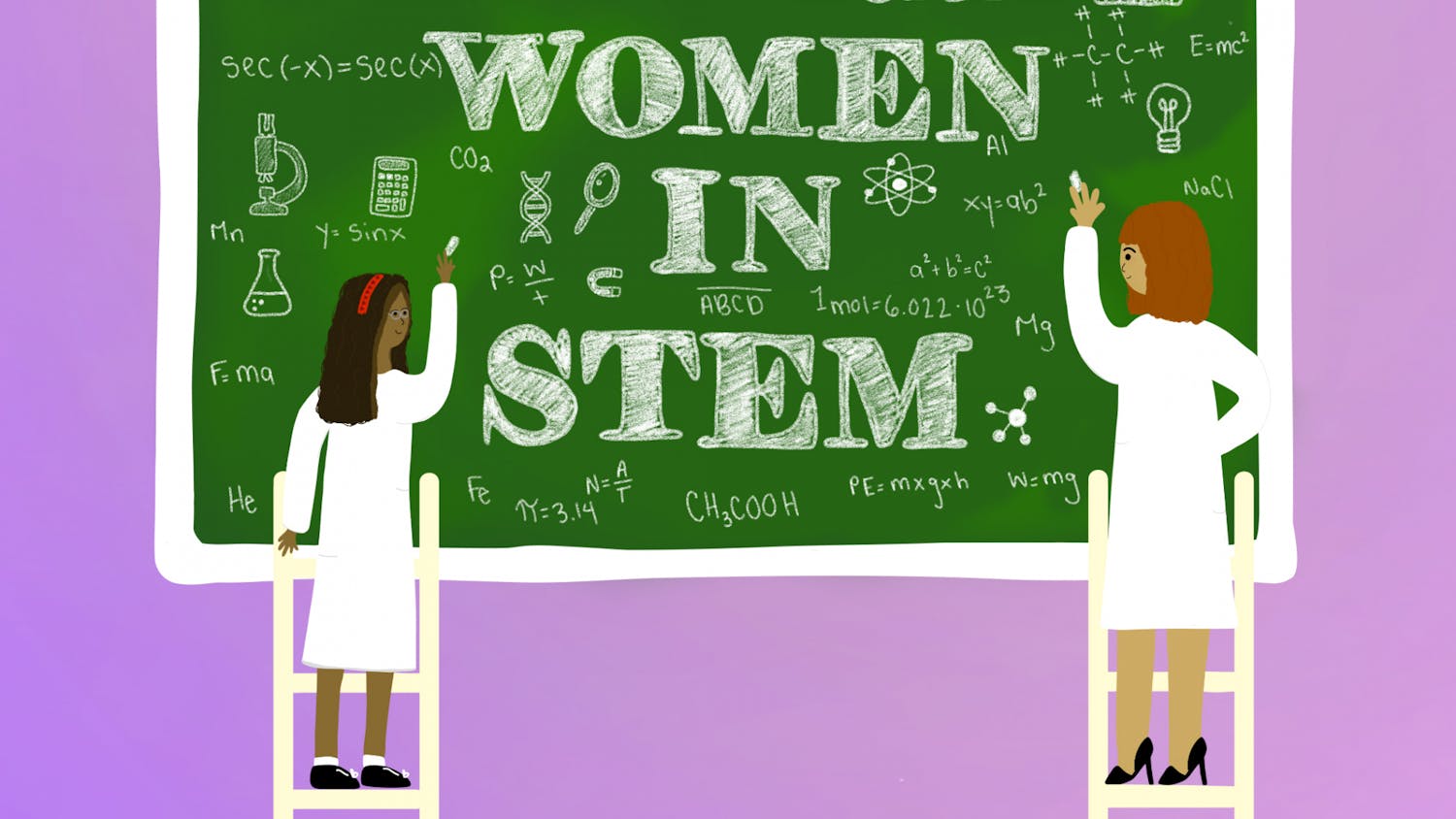Over 150 years ago, President Abraham Lincoln acknowledged the fourth Thursday of each November as the national holiday of Thanksgiving. However, the holiday’s history spans back even farther than the 1621 feast that is traditionally taught in schools. As far back as 1565, Spanish peoples arrived in Florida to colonize what is now St. Augustine where they would sing religious songs and share a feast with Natives. Historians also recognize the observance of several other Thanksgiving celebrations including one in Texas in 1598 and another in Maine in 1607. Despite that, the table shared by the Pilgrims and the Wampanoag peoples is the most famous, or perhaps, infamous.
The Wampanoag, at its height, had an estimated 30,000 to 100,000 members settled as low as Southeastern Massachusetts all the way up to Rhode Island. From there, the English had taken 20 men captive on their ship with intentions to sell them into slavery in 1614. One man, Tisquantum, fought for his men to get back home. When they arrived back in 1619, the land as he knew it was practically deserted; an unknown disease had wiped out approximately two-thirds of the population. When Pilgrims arrived on the Mayflower again in 1620, Ousamequin, the leader known as the “Great Sachem,” was forced into a decision that would be the deepest regret of his people later on. He decided to make contact with the Europeans with the intention to prevent an unfair war due to their lack of useful warfare. The Natives ended up teaching the Europeans how to plant crops successfully. The celebration of their first crop harvest would later be known as Thanksgiving.
However, despite teachings in elementary school, the Wampanoag weren’t invited to the dinner. They only made an appearance due to the fact that they thought a war was beginning. However, they put that aside and brought food to share, arguably out of fear. Despite the unrequited kindness, their relationship continued to fall downhill in a slow genocide that would wipe away the freedoms of the Wampanoag people. The Pilgrims pushed them off of their land, forced them into Christianity and their children were sent to harmful boarding schools where they were forced to abandon Native customs by cutting their hair and halting their spoken language. The Wampanoag were forced into assimilation and servitude on land that they rightfully owned.
Just as there was no turkey served and the Natives didn’t wear feathered headdresses, a lot of what we know to be “Thanksgiving” simply is historically incorrect. The false history isn’t implemented just by the education system’s curriculum; it deepens with ignorance. Many choose to ignore the other side of the story we are taught. The Wampanoag museum attracts a low 800 visitors each year, while the Plymouth museums rack up about 1.5 million guests annually.
Today, many Native Americans recognize a “National Day of Mourning” rather than the traditional American Thanksgiving. They mourn the loss of their people and culture from their families and the history books.
While it is perfectly acceptable to enjoy an extended family dinner, educating ourselves on the truthful, yet dark, history of Thanksgiving is crucial. Thanksgiving isn’t “canceled,” it just needs rebranding. A day on which we are thankful for our families while feasting should be separated from a day of acknowledging the violence the Pilgrims imposed on the Wampanoag and other Native American tribes. Both concepts deserve acknowledgment. The only thing that doesn’t deserve acknowledgment is the false narrative of a peaceful feast between colonizers and Native Americans.
Layne Rey is a freshman studying journalism at Ohio University. Please note that the views and opinions of the columnist do not reflect those of The Post. What are your thoughts? Talk with Layne by tweeting her @laynerey12.






